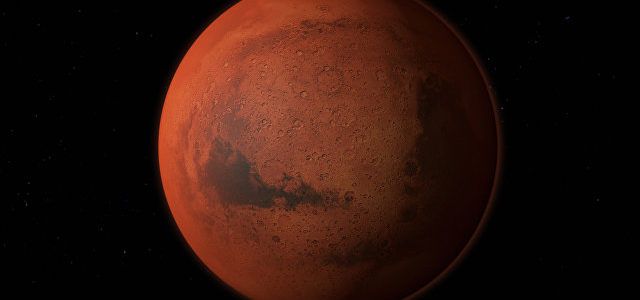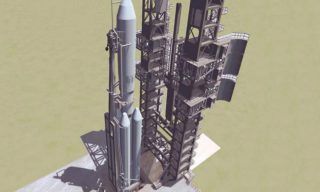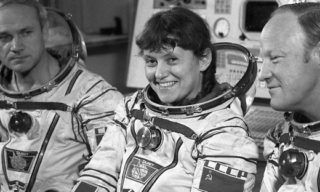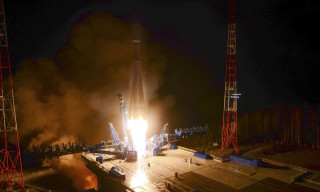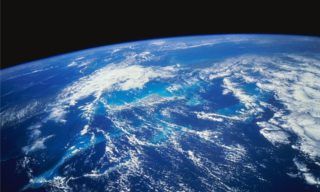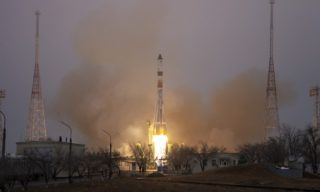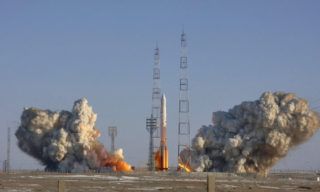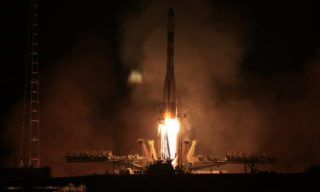Russian scientists of the Institute for Biomedical Problems and NASA signed a Letter of intent about joint experiments on crew’s ground-based isolation in the framework of Mars and Moon missions. Currently frame contracts are being prepared, – said the spokesman for the Institute Mark Belakovsky.
As reported earlier a series of experiments on ground-based isolation in the framework of future Mars and Moon flight missions preparations are planned to be conducted in the Institute for Biomedical Problems by 2021.
“We have signed a Letter of Intent with our American colleagues. Now we are preparing a frame contract to be valid within the period of time from 2017 to 2021,” – said Belakovsky at the Seminar held in Moscow. He also mentioned the negotiations with Japanese colleagues that are to come to Moscow in March 2017 to discuss technical issues.
Besides German and French space agencies representatives have already expressed their preliminary agreement to take part in the project as well as ASI (Italian space Agency). He pointed out some scientists from Belgium, France and Germany that addressed the Institute privately. “There are some Companies that addressed us e.g. Airbus”, – he added.
It was reported the Institute plans to conduct the experiment lasting from 14-21 days in 2017. For 2018 there are two experiments scheduled: the first one of 4 months duration and the second one to last for 14-21 days. For 2019 the scientists planned 8-months experiment and for 2020 and 2021 – one-year-long experiments. The terms can be changed but in general the experiment program is ready.
Earlier ESA Chief Representative Rene Pischel said ESA was not going to take part in Russian experiments on ground-based isolation.
Latest news:
Jul 2, 2025
-
This error message is only visible to WordPress admins
Error: API requests are being delayed. New posts will not be retrieved.
There may be an issue with the Instagram access token that you are using. Your server might also be unable to connect to Instagram at this time.
Error: API requests are being delayed for this account. New posts will not be retrieved.
There may be an issue with the Instagram access token that you are using. Your server might also be unable to connect to Instagram at this time.
Categories
- Angara (43)
- Astronomy (9)
- Baikonur Cosmodrome (520)
- Brazil (1)
- China (4)
- CrewDragon (4)
- Defenсe (47)
- ESA (119)
- Falcon (2)
- Featured article (12)
- GCTC (222)
- Guiana Space Centre (17)
- History (59)
- India (1)
- ISS (550)
- JAXA (49)
- Johnson Space Center (3)
- Khrunichev State Research and Production Space Center (63)
- Mars (8)
- MCC (85)
- Moon (21)
- NASA (206)
- Plesetsk Cosmodrome (84)
- Progress (233)
- Proton (137)
- Roscosmos (645)
- ROSS (4)
- RSC Energia (94)
- Russia (755)
- Satellites (232)
- Science (137)
- Soyuz (550)
- Space (472)
- Spacewalk (72)
- SpaceX (6)
- Star city (67)
- Starliner (7)
- Tourism (27)
- USA (72)
- USSR (1)
- Vostochny Cosmodrome (69)
- Zero Gravity (12)




